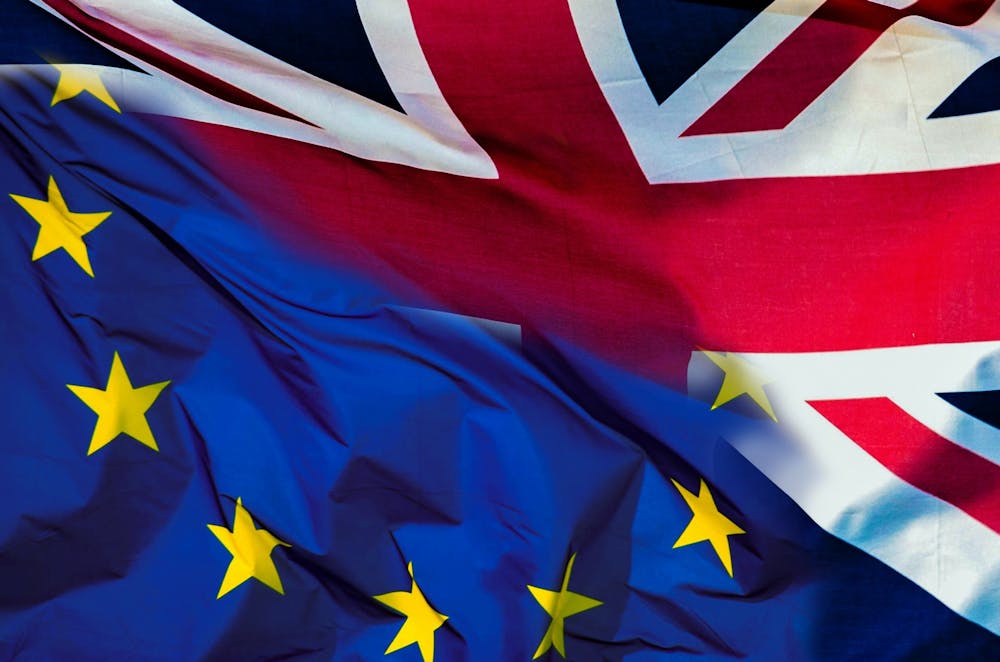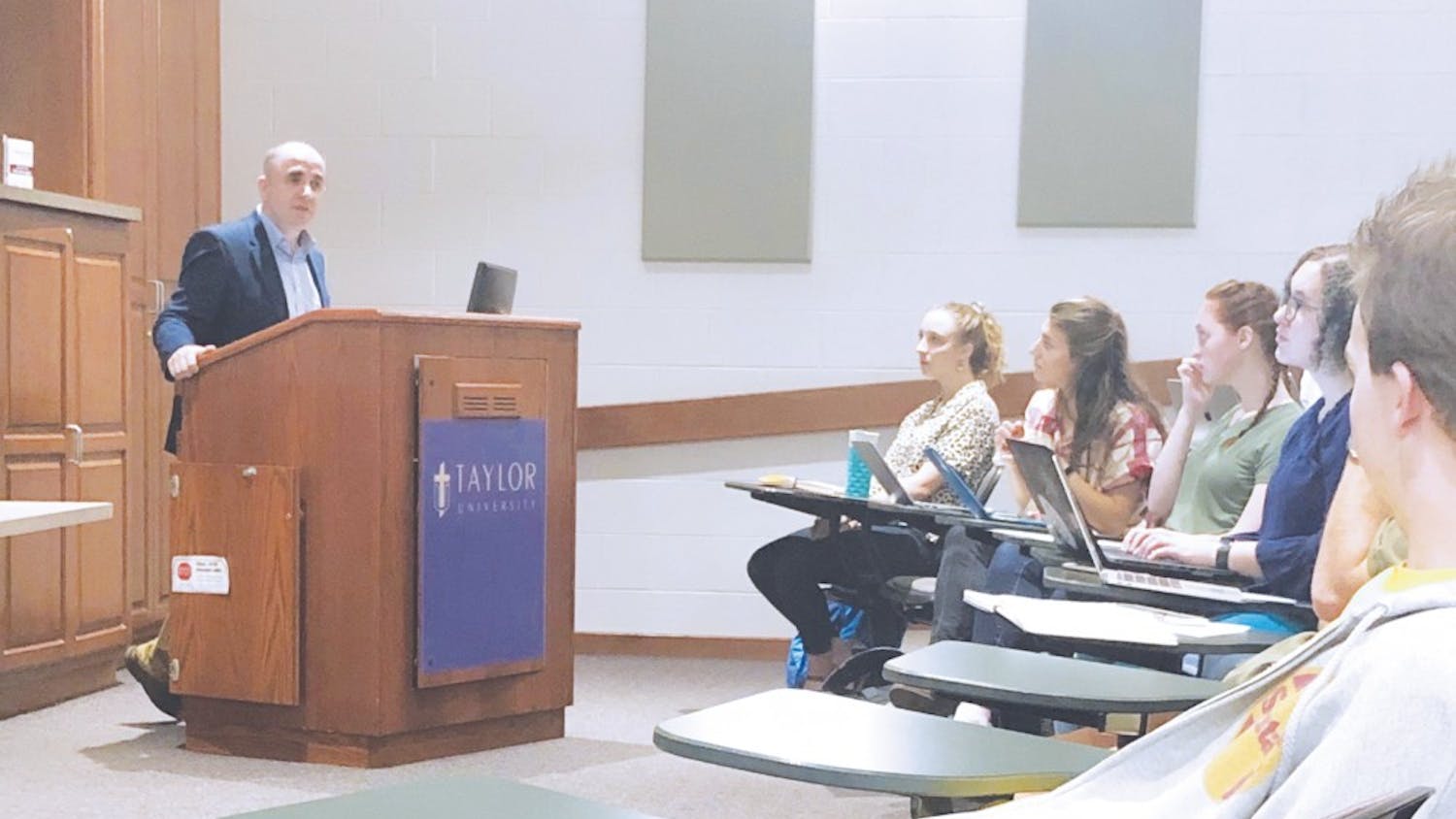You have probably seen the word “Brexit” flashing across news sources for years now, but January's recent agreement has made history by creating a future full of unknown for the U.K. and the EU.
Brexit stands for “Britain’s exit from the EU” which signifies the multiyear process of the U.K, (England, Scotland, Wales, Northern Ireland) leaving the EU (27 member countries throughout Europe). The four year long political struggle has come to a culmination in the events that have taken place in the past couple of months.
On Jan. 31, 2020, the U.K. formally left the EU, a relationship established in 1973. Since the formation of this relationship, the British government has been divided on issues regarding their desire and commitment to staying within the EU.
We will pause here and say that this political issue has many other details and confusing points that we won’t be included in this article. However, we want to keep our community informed on this political event and encourage you to continue to stay informed as the process moves forward.
Now for the basics. In 2016, things started picking up for the split British government. After a few interesting techniques to persuade the public during election season, then Prime Minister David Cameron emphasized his desire for a better relationship with the EU. This prompted a referendum that ended with a 52% to 48% vote in favor of leaving. This unexpected result sent shockwaves through the U.K. and EU alike.
Since 2016, there have been three British Prime Ministers and a whole lot of delayed negotiations and decisions.
However, the Jan. 31 decision headed up by Prime Minister Boris Johnson made Brexit a reality. Just as in any other major political transition, this will take time. No one is fully sure what the split will look like and how to best change the decades-long system of free trade and travel between the U.K. and EU member states.
The transition period for Brexit will last until Dec. 31, 2020 ― the first deadline of this new chapter. Now, we wait and see what the transition from paper to practice will entail for the people of the U.K. and EU.
David Blevins, senior Ireland correspondent for Sky News, gave some insight into what this looks like across the pond.
“There is an enormous amount of negotiation to take place in relation to trade, customs and regulations,” Blevins said. “Many observers fear it will be impossible to achieve full agreement by the deadline at the end of 2020 and that there could still be a no-deal Brexit — Britain effectively crashing out of the EU. It would be difficult to exaggerate the challenge and that would pose for both sides.”
What is so hard about leaving the EU? Among many other complications, the main points of concern so far have been the taxation of trade goods across borders and the way citizenship and travel will work amongst members of the U.K. and EU.
For both citizens of the U.K. and EU member states, the general feeling surrounding Brexit is uncertainty. Logan Hoffman is the assistant on-site director for the Irish Studies Programme and is studying at Trinity College Dublin. While living, working and studying in Europe, he has observed one aspect of the tension caused by Brexit.
“Their biggest concern is probably increased costs of goods and slower economic growth,” Hoffman said. “Those who are really affected are Europeans living and working in the United Kingdom and people from the U.K. living and working in Europe. No one is really sure whether or under what conditions they’ll be allowed to continue doing so.
“The U.K. recently suggested what its new immigration guidelines might include, and for workers to be allowed in the country, they would need to meet several criteria under a point system.”
Another concern is the border between Northern Ireland (part of the U.K.) and the Republic of Ireland (part of the EU). The content of this issue is packed and is a conversation to be fleshed out further in the future, but Professor of Psychology Vance Maloney senses a rising tension. Fear, suspicion and division are building as the already divided country is threatened by a hard border.
Why is it important for us to be aware of other countries’ political climates? Aside from the call to compassion and empathy modeled by our Savior, reading about Brexit allows us to step outside of the cloudy sphere of American politics and refresh ourselves with another perspective as we understand that we aren’t the only ones living with uncertainty.





